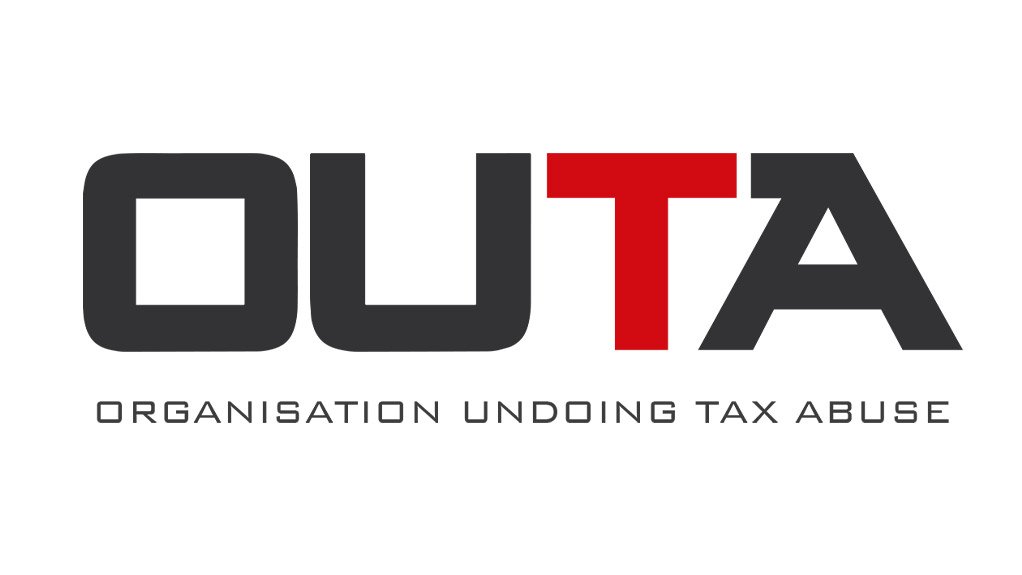The Organisation Undoing Tax Abuse (Outa) on Tuesday noted that with three Bills affecting the energy sector being pushed through at the same time, it creates the impression that Parliament is rushing to clear its desk before the 2024 elections.
The National Nuclear Regulator Amendment Bill and the Electricity Regulation Amendment Bill, were out for comment to the Portfolio Committee on Mineral Resources and Energy until October 13; and the National State Enterprises Bill, was out for comment to the Portfolio Committee on Public Enterprises until October 14.
Outa said that the legislative process was important, however, it lost legitimacy if Bills were pushed through Parliament in a rush.
Outa submitted comment on the National Nuclear Regulator Amendment Bill and the National State Enterprises Bill, in which it said Parliament had missed a golden opportunity to address the independence of the National Nuclear Regulator (NNR).
In its submission Outa highlighted that it was imperative that the legislative framework and governance structures around nuclear energy were able to withstand political interference and uphold the independence of all regulatory bodies, including the NNR.
“We are aware that the majority of our public institutions are set up in such a way that cabinet members are able to apply unfettered control, such as having the sole discretion to hire and fire boards of SOEs [State-owned Enterprises]. We need not elaborate on this point any further but need only to read our daily news feed,” said Outa.
Outa further added that the NNR Amendment Bill, in its current form, was a move in the right direction but did little to ensure, enforce and promote independence of the NNR.
Outa explained that although a “noble idea”, the National State Enterprises Bill fell short of being anything to write home about.
“It envisions doing away with the Department of Public Enterprises – a department at the centre of State capture – and replacing it with a holding company under which our State-owned entities will be controlled. The entities are not specified, as this Bill sets up the holding company only,” highlighted Outa’s submissions.
In theory, such an arrangement would naturally promote good governance based on established corporate principles and best practice, added Outa.
“However, centralisation of power is a massive feature in this proposed holding company and is somewhat counterintuitive if South Africa wishes to move on from a dysfunctional public service,” it said.
Outa explained that the Bill proposed the State as the only shareholder of the holding company – and it was only the President, as the shareholder representative, who could ‘hire and fire’ the board. The President may transfer any powers or functions in terms of the Bill to any Cabinet member, it noted.
It added that it was not farfetched to believe that the holding company could maintain a culture of cadre deployment if the professionalisation of the private sector was not incentivised or properly implemented.
Outa said that as the Bill stood now, a lot of homework still needed to be done and stressed that this should include input from the private sector.
Meanwhile, Outa noted that Parliament seemed to be struggling to keep up with the public consultation process, as its webpage listing Bills out for comment omits the State Enterprises Bill and lists only four Bills.
The Parliamentary Monitoring Group lists nine Bills and eight other documents currently out for comment.
EMAIL THIS ARTICLE SAVE THIS ARTICLE ARTICLE ENQUIRY
To subscribe email subscriptions@creamermedia.co.za or click here
To advertise email advertising@creamermedia.co.za or click here











